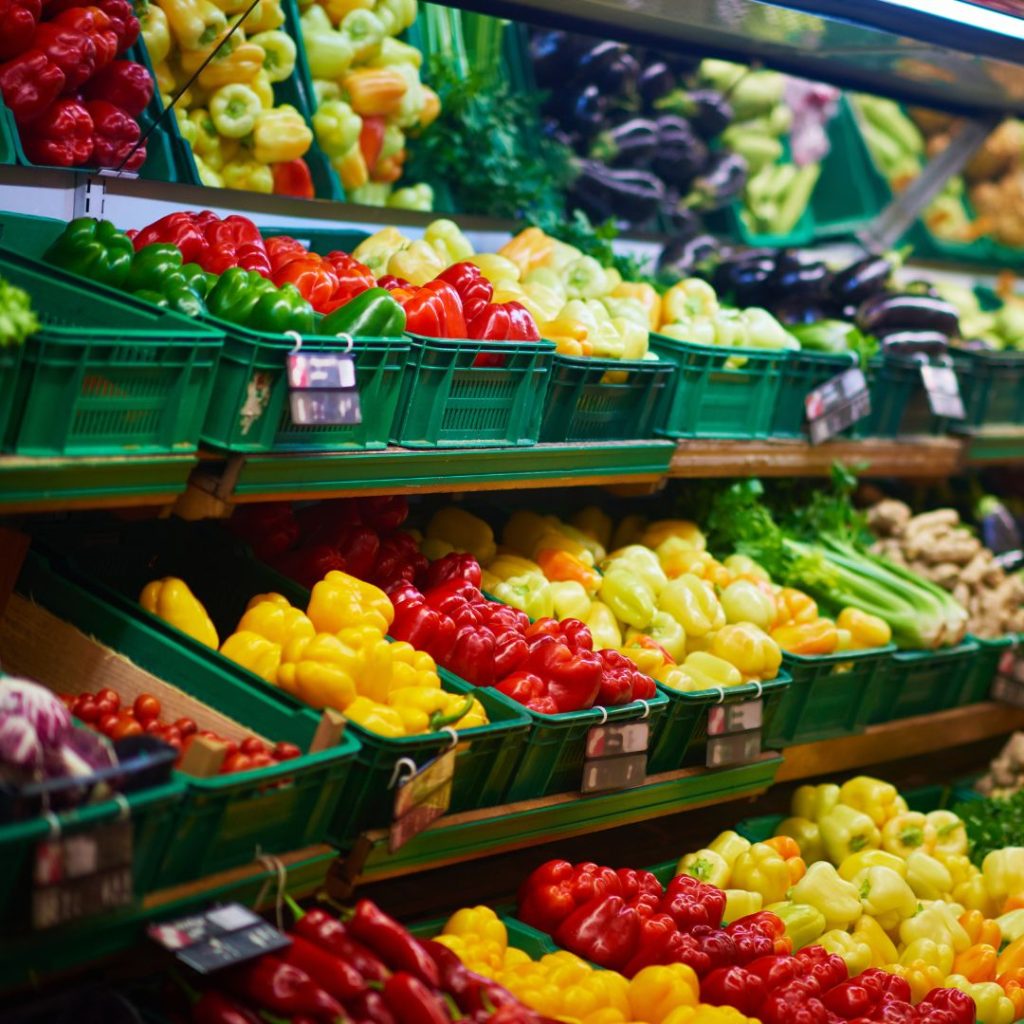Data on food waste in retail for the first time

Last year, the amendment to the Austrian Waste Management Act (AWG) was passed by the Austrian National Council. Since the fourth quarter of 2023, large food retailers and supermarket chains have been obliged to report to the Ministry of Climate Protection on a quarterly basis how much food they have thrown away and how much has been donated. This applies to retailers with a sales area of 400 m² or more or five or more points of sale in force. The Ministry of Climate Protection has now published the reports from 250 supermarkets or around 4,000 sales outlets, which had to be submitted by February 10.
Food waste worldwide at a glance
According to the United Nations, over a third of all food worldwide is wasted or lost. In Germany, this amounts to at least 18 million tons per year, not including pre-harvest losses, according to the WWF. This has serious consequences for the environment. The waste of valuable resources such as water, soil and energy for the cultivation and processing of this food, as well as the use of artificial fertilizers and pesticides, is putting a strain on planetary boundaries.
Food waste is responsible for 10 percent of all global greenhouse gas emissions and is therefore one of the main drivers of the global climate crisis.
In Austria, 1 million tons of food is disposed of every year - that's more than we all weigh together.
Obligation for supermarkets to report the whereabouts of foodstuffs
First reliable data on food waste in supermarkets
Until now, there were no reliable figures on food waste in retail - this has changed with the amendment to the Waste Management Act.
As reported by the Ministry of Climate Action, the total amount of food thrown away in the last quarter was around 16,200 tons and the amount of food donated was 4,900 tons. This means that three times more food was thrown away than was donated.
A quarter of the companies voluntarily provided information on the product groups of the products thrown away. This revealed that fruit and vegetables are the most frequently thrown away at almost 45 percent, followed by bread and pastries at 19 percent of the total and fresh produce at 12 percent.
In comparison, fruit and vegetables (30 percent), milk and dairy products and baked goods (23 percent each) were donated in particular.
"Extend to gastronomy and food production"
"Although the reporting obligation is a good first step, it must also be extended to large companies in the food production and catering sectors. The government must also set binding reduction targets for the individual sectors," emphasized Sebastian Theissing-Matei from Greenpeace in Austria.
"It is unacceptable that retail companies simply throw food away while more and more people cannot afford to eat it. Voluntary action doesn't work, the government has to intervene. Italy, France and the Czech Republic show that this is possible. Supermarkets must be obliged to donate their unsold food," says Sebastian Bohrn Mena, spokesman for the oekoreich initiative.
"The main problem lies elsewhere"
In its reaction to the accusations, the trade association said on Friday that food wholesalers were only responsible for nine percent of food waste. 58 percent of food waste comes from private households and 19 percent from restaurants and canteen kitchens. The main problem therefore lies elsewhere.
Makes you sick: billions of dead animals end up in the trash






